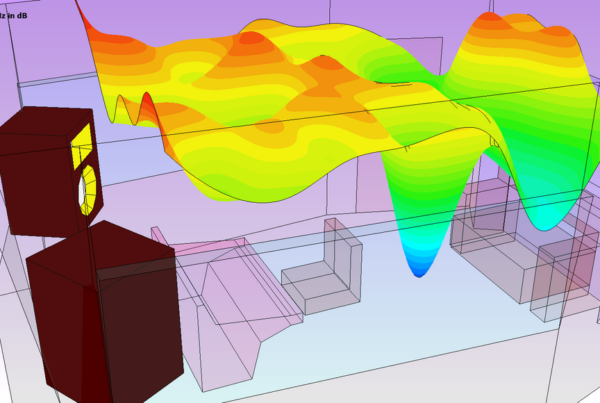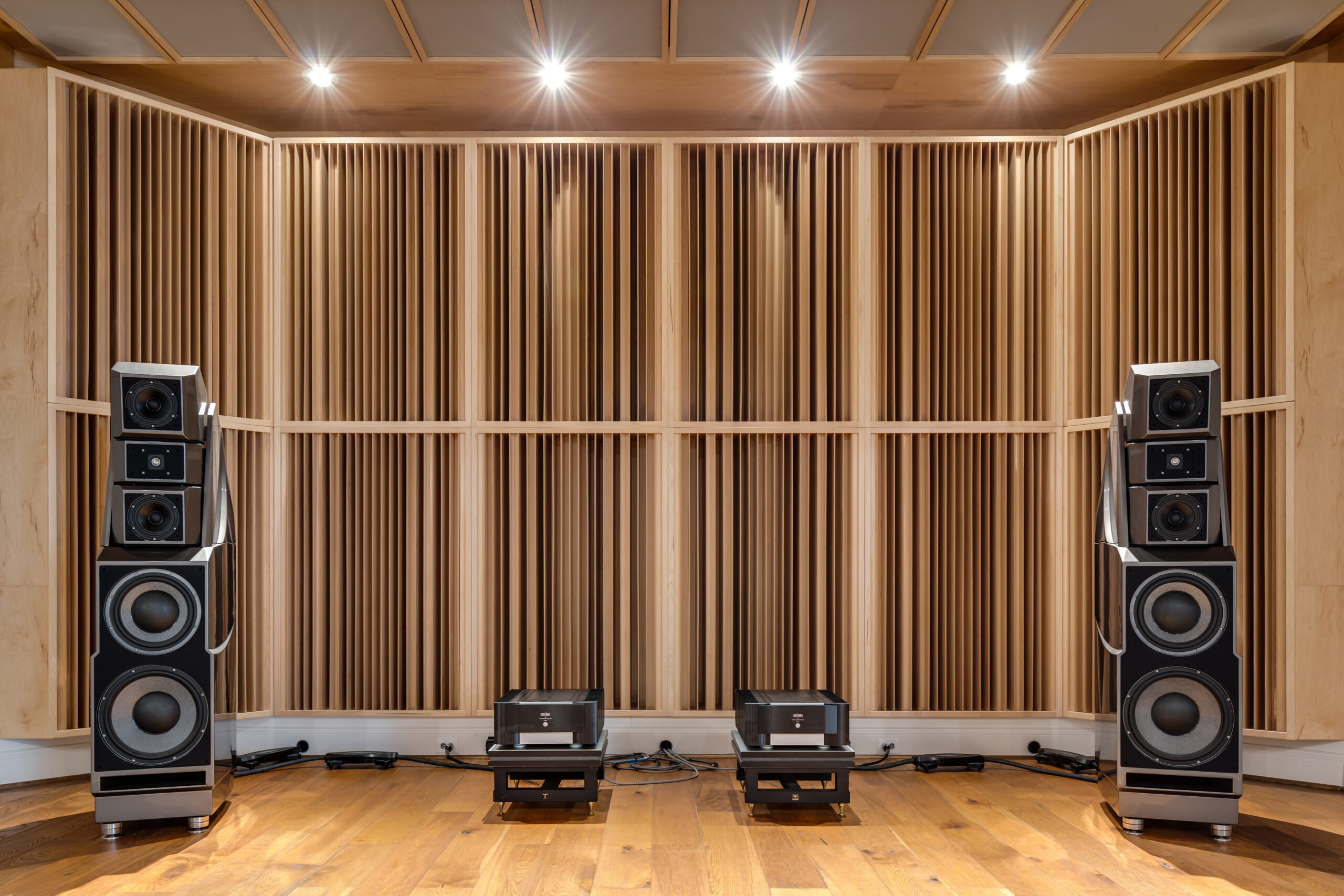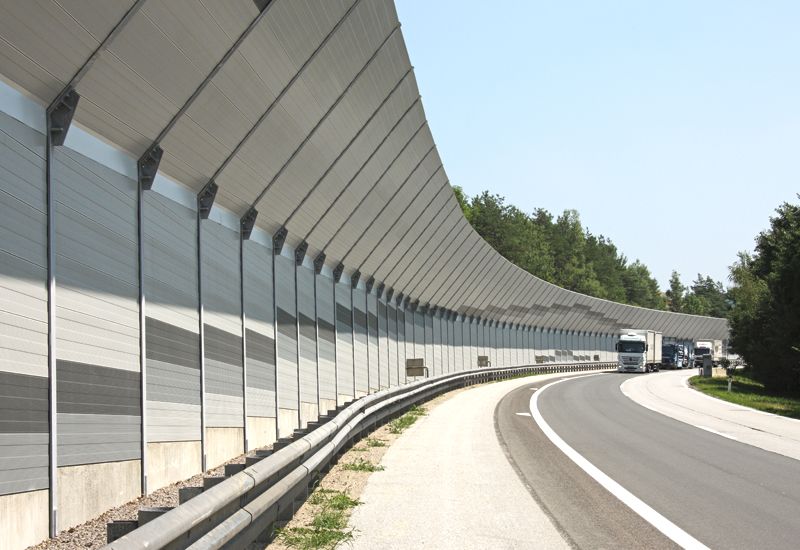
Noise pollution from roads can be a major problem for homeowners, particularly those who live near busy highways or thoroughfares. Road noise can be a significant source of discomfort, disrupting sleep and making it difficult to enjoy peaceful activities in the home. One way to mitigate the effects of road noise on homes is through the use of sound barriers, which are designed to block or deflect unwanted noise.
Sound barriers are typically made of solid materials such as concrete, masonry, or wood and are designed to reflect, absorb, or block sound. They can be used in a variety of applications, including residential, commercial, and industrial settings. In residential settings, sound barriers are often used to block road noise from entering homes, creating a more peaceful and comfortable living environment.
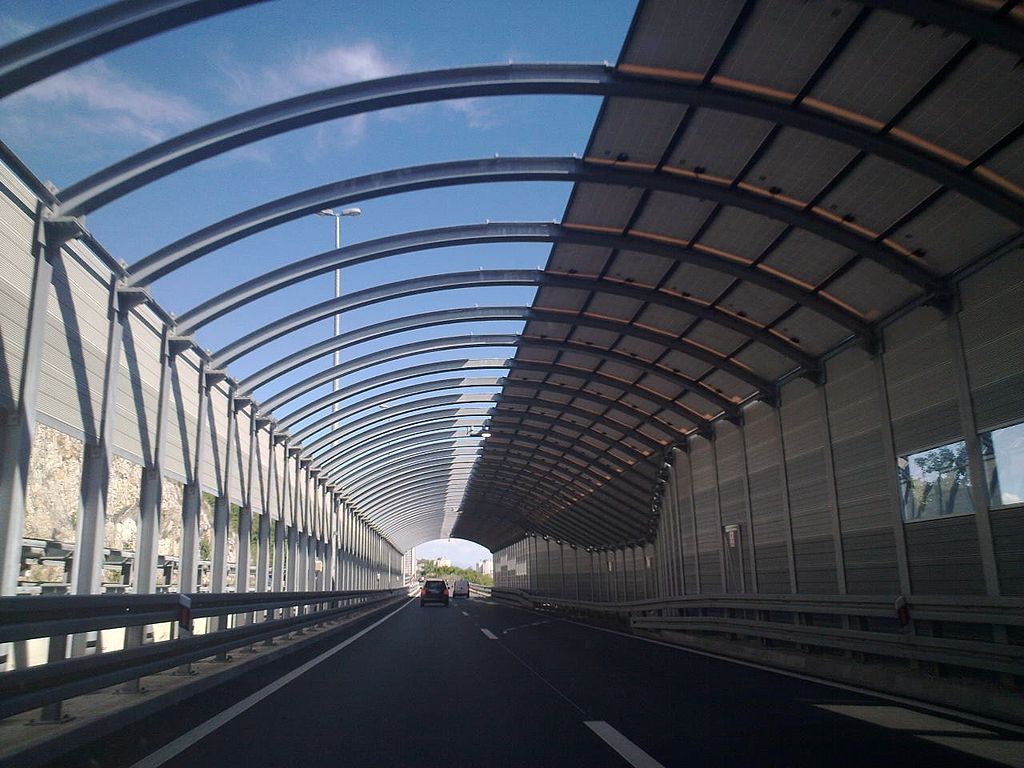
Factors affecting the effectiveness of sound barriers: Height, Materials, and Location
The effectiveness of a sound barrier depends on several factors, including the materials used to construct it, its height, and its location in relation to the noise source. A sound barrier that is high and made of dense materials, such as concrete, will be more effective at blocking noise than one that is low and made of less dense materials.
However, in order to achieve the best results, it is essential to consult with an acoustical engineer to evaluate the noise and select the right materials and design to block it. Engineers will also consider how sound behaves and can use different materials and shapes that can scatter, absorb or reflect the sound waves to minimize the noise.
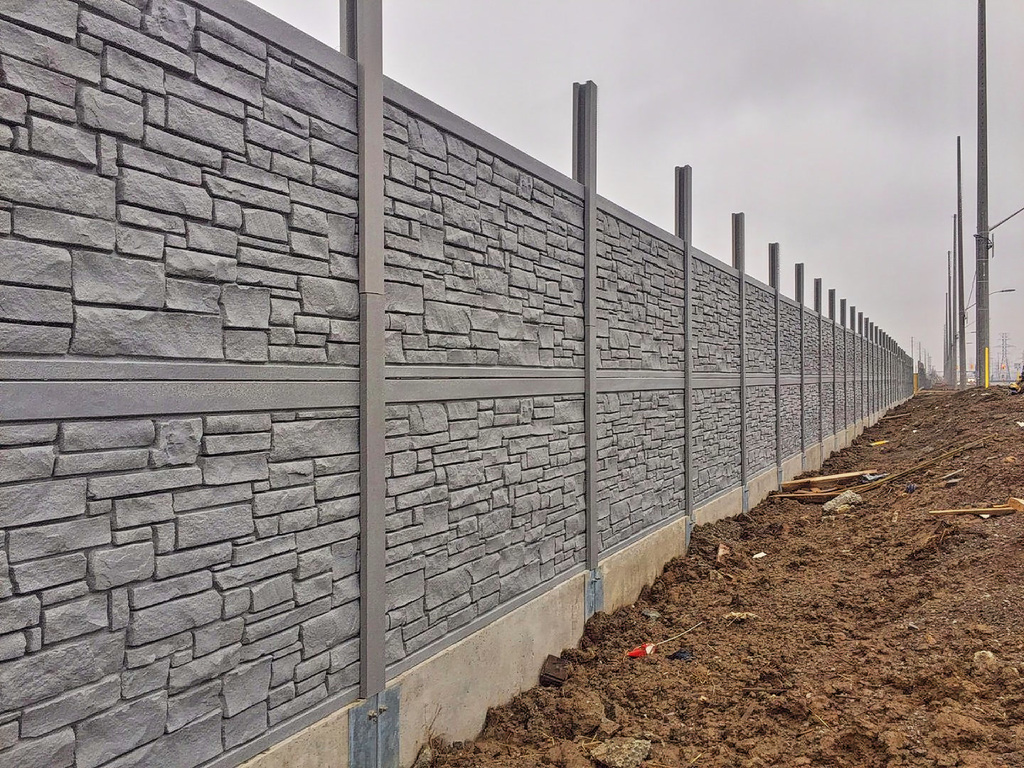
Improving Acoustics and Reducing Noise: The Benefits of Sound Barriers in Homes
In addition to blocking noise, sound barriers can also improve the acoustics of a space by reducing the amount of reflected sound. When sound reflects off of hard surfaces, it can create an echo, which can make it difficult to understand speech and music. By absorbing or blocking sound, sound barriers can reduce echoes and improve the clarity of sound within a space.
Read more about our Recording Studio Design Service here.
In summary, sound barriers can be an effective solution for reducing road noise in homes. They can block or deflect unwanted noise, creating a more peaceful and comfortable living environment. When sound barriers are implemented correctly, they can also improve the acoustics of a space by reducing echoes and increasing clarity of sound. To achieve the best results, homeowners should consult with an acoustical engineer to evaluate the noise and select the appropriate materials and design.




